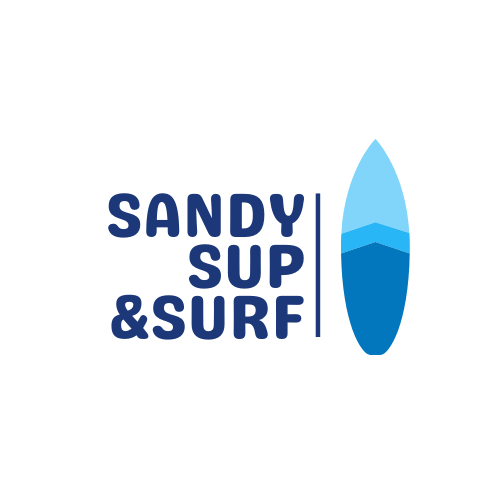Water safety with the rnli
Sandy Sup & Surf wholeheartedly supports the RNLI (Royal National Lifeboat Institution), a charitable organisation whose aim is to rescue lives at sea. Their services include a large fleet of lifeboats that respond quickly to coastal emergencies, as well as a lifeguard service that is spread over major beaches around the UK.
Watersports companies around the UK (including ourselves), beachgoers, and tourists visiting the local North Devon coastal area rely on the RNLI to keep us all safe in the sea. The RNLI has highly trained volunteers and paid service personnel who have access to the greatest resources possible to carry out their purpose of keeping water users safe. For example, the RNLI saved 349 lives last year, clearly demonstrating how much they are required!
To carry out their duties, the RNLI employs both lifeboats and lifeguards. We are quite fortunate that Clovelly Quay, our favourite paddleboarding tour location, has a lifeboat station! Westward Ho Beach, where we teach surfing, also has lifeguards on duty throughout the summer months. Sandy SUP & Surf is all about providing a safe atmosphere on the water for its customers, and the RNLI's devoted staff members play an important role in that, for which we are thankful.
In addition, James, the lead coach at Sandy SUP & Surf, is an RNLI beach lifeguard! When he isn't running paddleboard sessions at Clovelly or taking customers out in the surf at Westward Ho, he can be seen in the RNLI's renowned red and yellow outfit, keeping the public safe!
A helpful tip to keep you safe at the beach is to look out for the RNLI lifeguard flags. Knowing what these flags represent will help you stay safe in the water. If you notice two red and yellow flags at the water's edge, it is the area that the lifeguards have designated for swimmers and bodyboarders, since it is the safest spot on the beach for such sports. Similarly, if you see black and white checkered flags by the water’s edge, this is where the lifeguards have deemed it the safest for surfers and other watercraft to do their thing. Lastly, on a particularly stormy day of big wild surf, you might see the red flag. This represents danger and the lifeguards use this flag to signal that it is too dangerous to enter the water.
We hope that these tips as well as the information about the RNLI will keep you safe in the water and aware of what this incredible service is doing for the general public. Further information about the RNLI can be seen on their website RNLI - Royal National Lifeboat Institution - Saving Lives at Sea.

